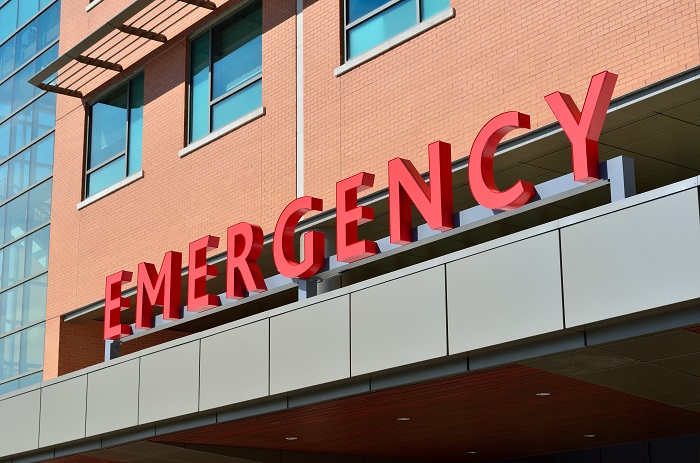When you work in an emergency room, you're going to see a variety of cases that come through during the day. Some of them are simple and easy to diagnose while others will require more staff and more time. Once you find ways to get the emergency room organized, then you can make the department more efficient so that patients can get in, get diagnosed and either released or admitted to the hospital without waiting for hours at a time.
Focus Efforts
It's sometimes easy for doctors and nurses to get distracted in the emergency room, especially after several patients at one time or a death in the unit. If there are enough people in the department, allow those people to take a few minutes while others work with patients who are waiting. Stay as focused as possible so that patients move from one area of the emergency room to another without waiting.
Picking Away
One of the reasons that many patients wait for long periods of time is because of the test results that need to be delivered. Sometimes, the test will take time to complete. A robotic colony picker that has high-speed liquid handling capabilities will automatically identify colonies that are growing so that you don't have to wait for a test to complete. This will give a faster diagnosis that can also speed up the process of treatment.
Use Free Time
Instead of talking to everyone in the department, get supplies ready for the next patients. Get your paperwork in order because you know that you're likely going to need to write prescriptions or get orders typed up for discharge. Use your free time to get ahead so that you can focus on treating the patients when they arrive.
Go Ahead and Admit
If a patient enters the emergency room with obvious signs that there will be an admission to another floor in the hospital, then go ahead and complete the paperwork. All of the tests that are needed can be done in the patient's room instead of keeping the patient in the emergency department when it's not needed. This maneuver will also save money for the patient and the hospital since multiple tests and staff won't be needed.
Simple First
There will likely be few times when you're alone in the emergency room, but if you are, then take the simplest cases first. These are cases that present with minor complications that are easy to diagnose. While you're waiting for test results or paperwork to be completed, tend to patients who are a bit more detailed.
The emergency room is a place where anything can happen. Stay organized so that patients aren't waiting for long periods of time. Group meetings with the staff and detailed information on the walls will benefit the staff and the patients as to how the emergency department should operate.
By Kara Masterson
All rights reserved. Any reproducing of this article must have the author name and all the links intact.






